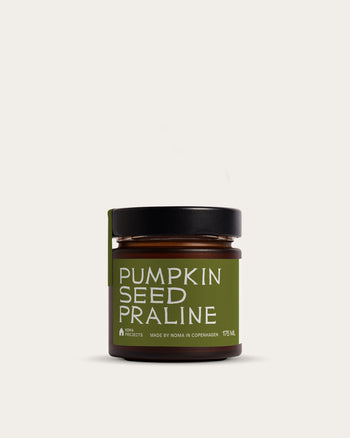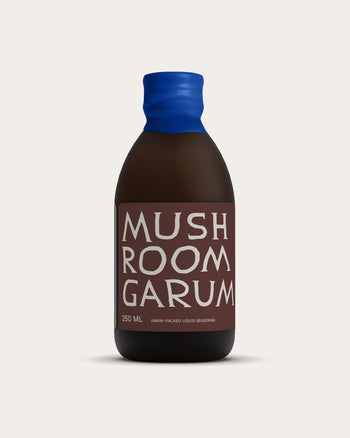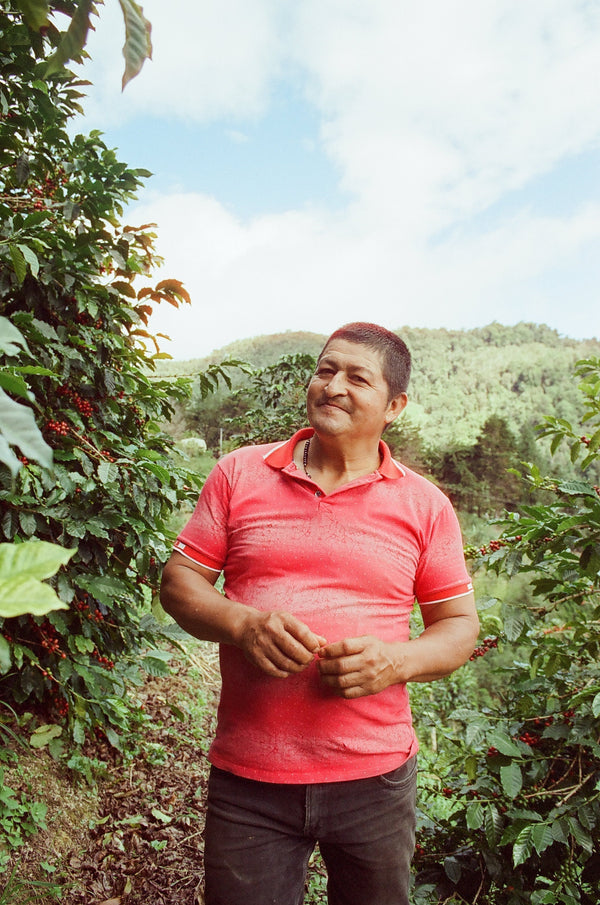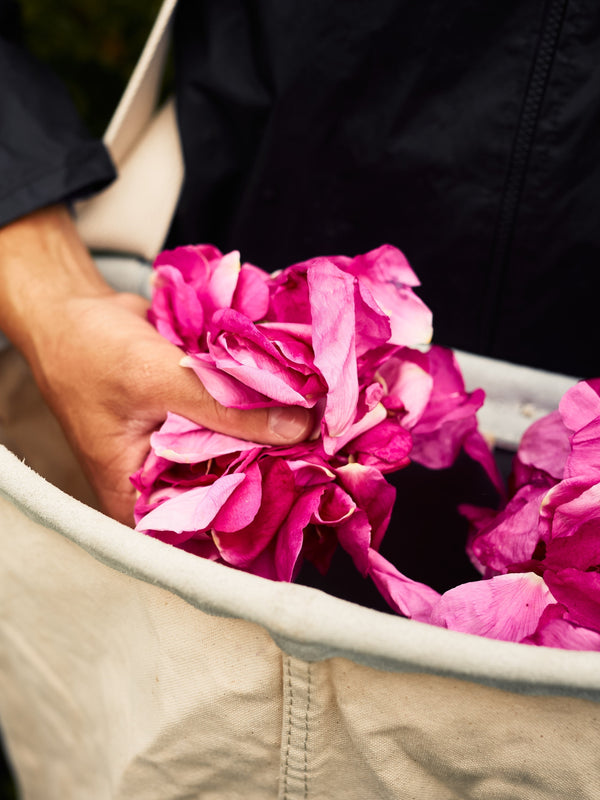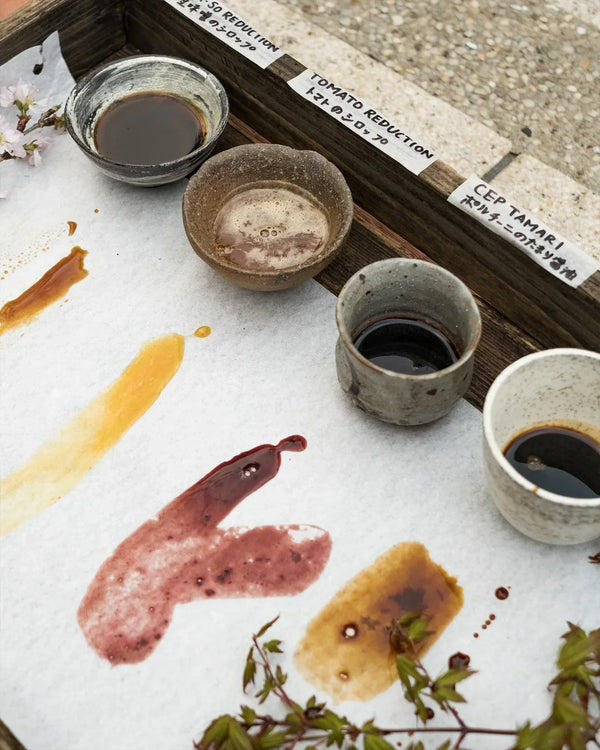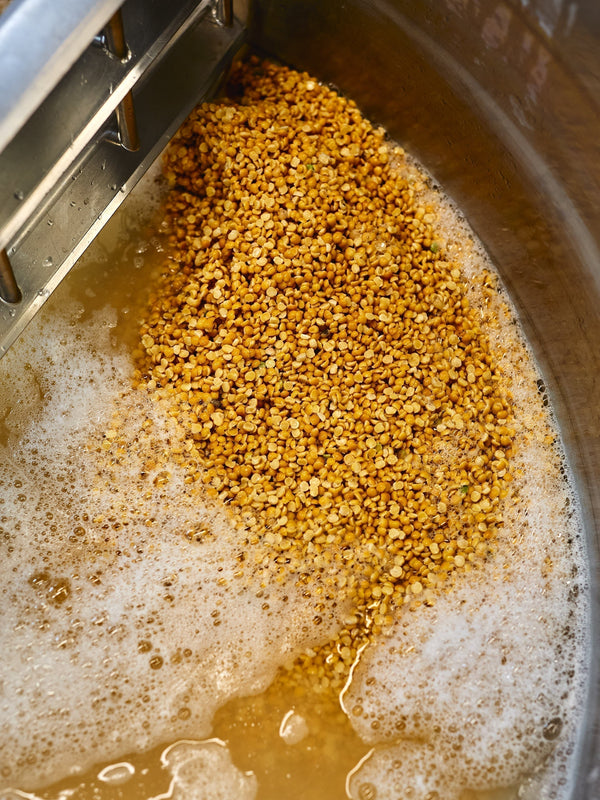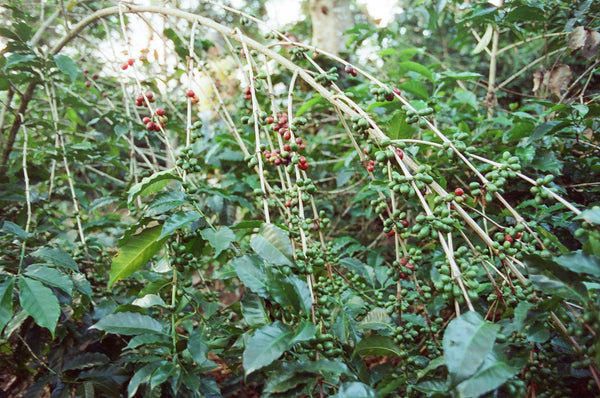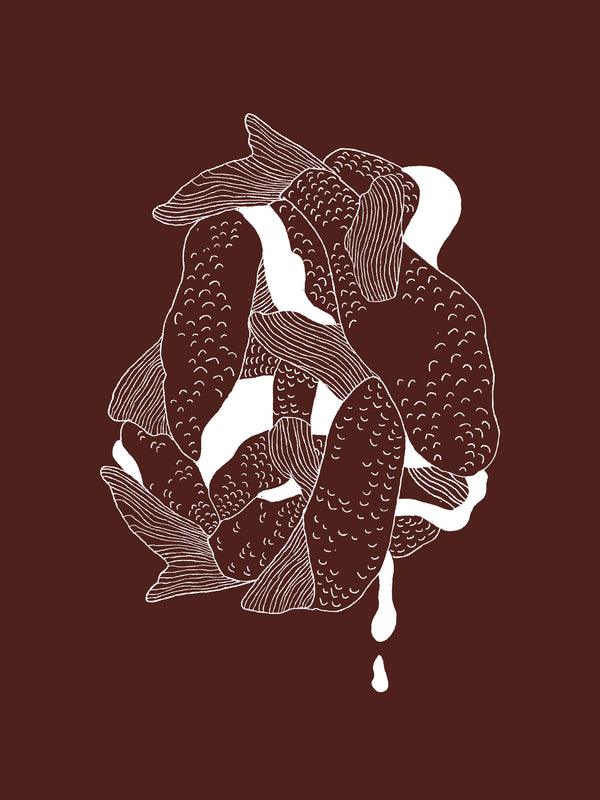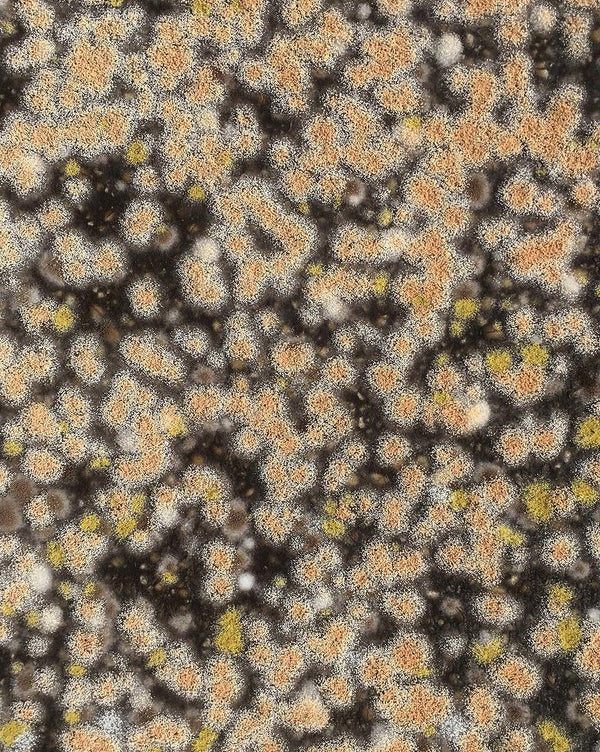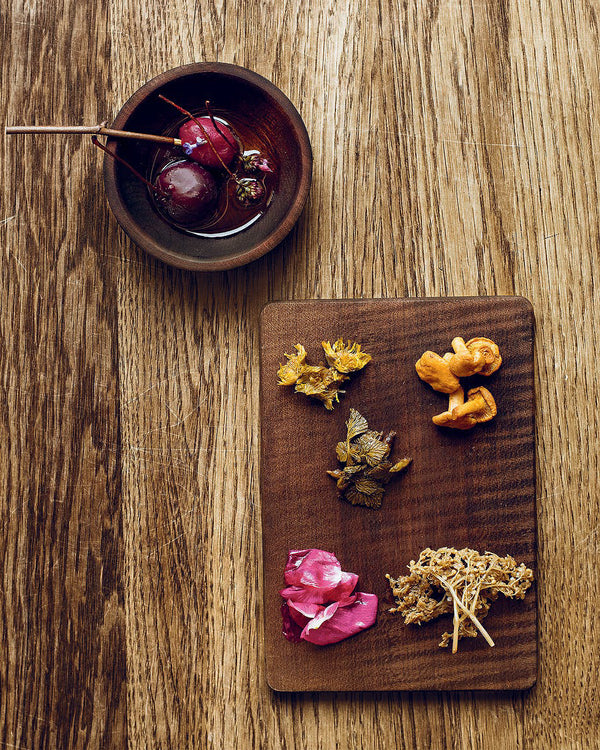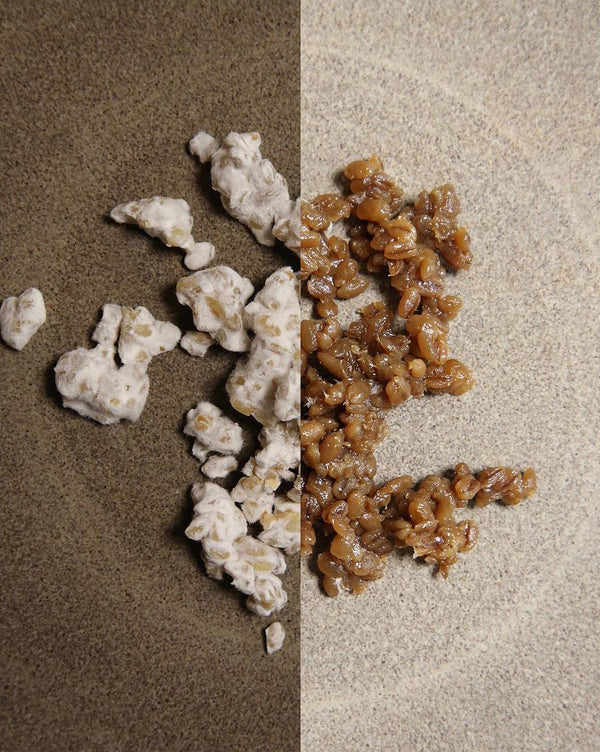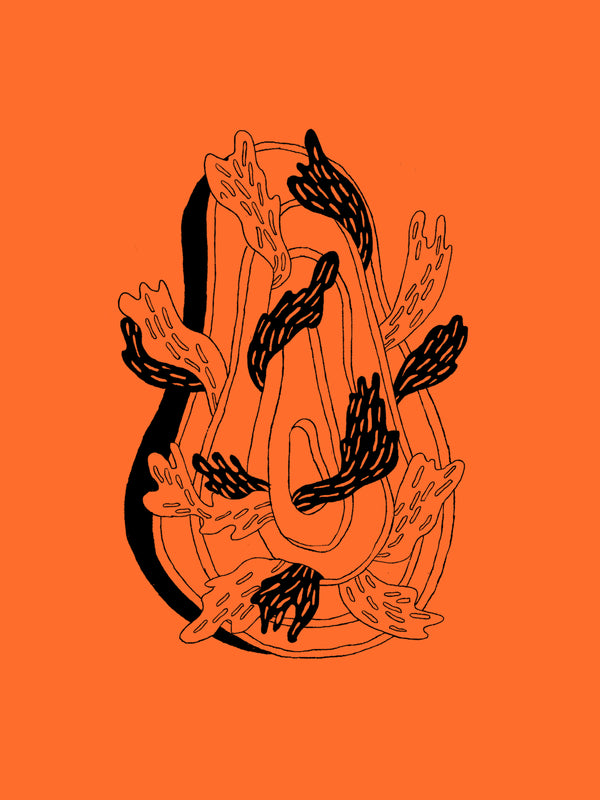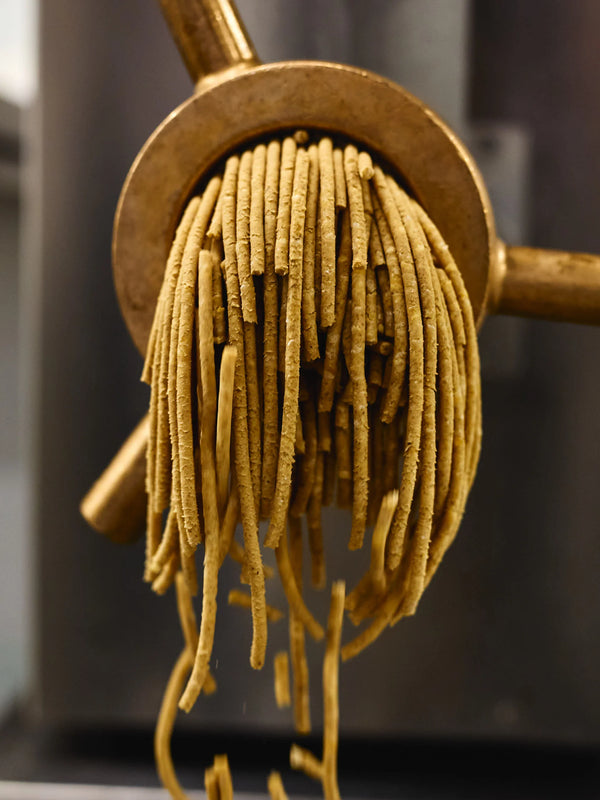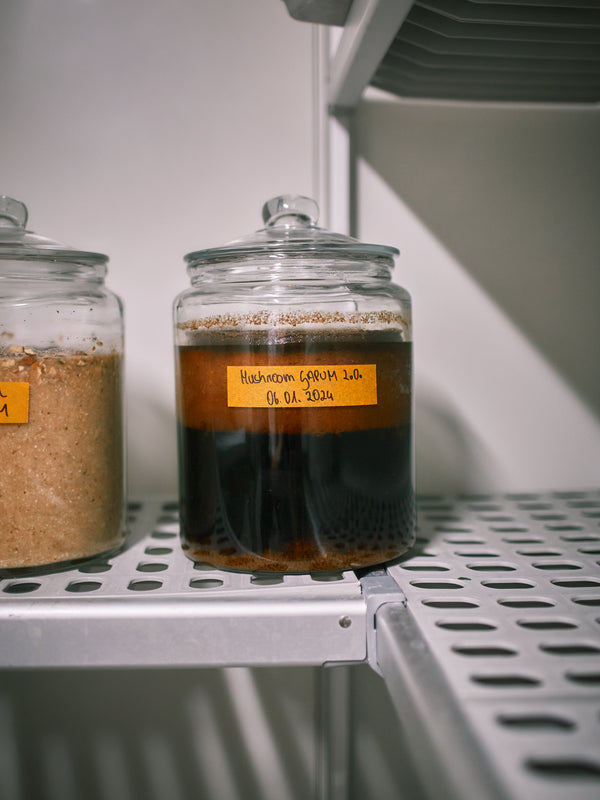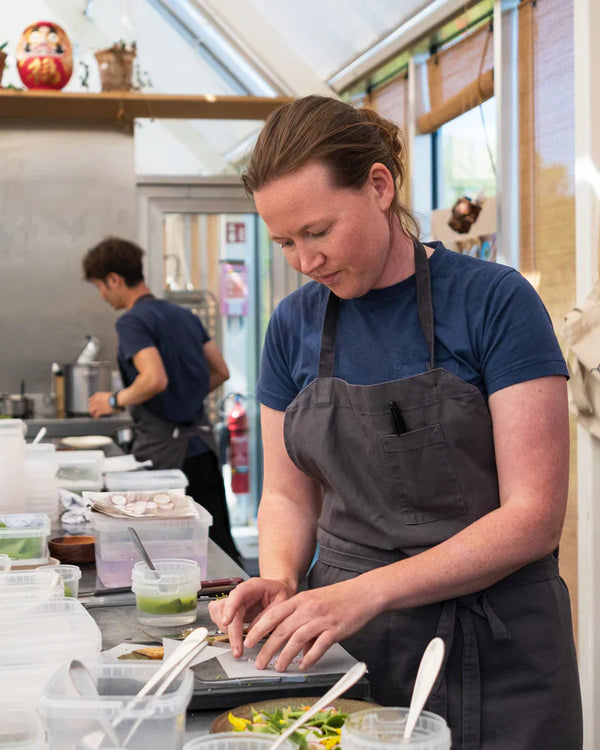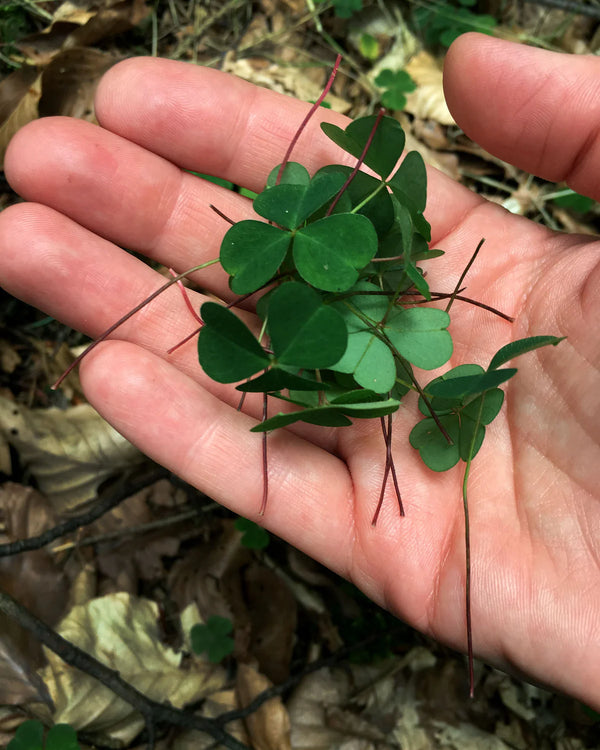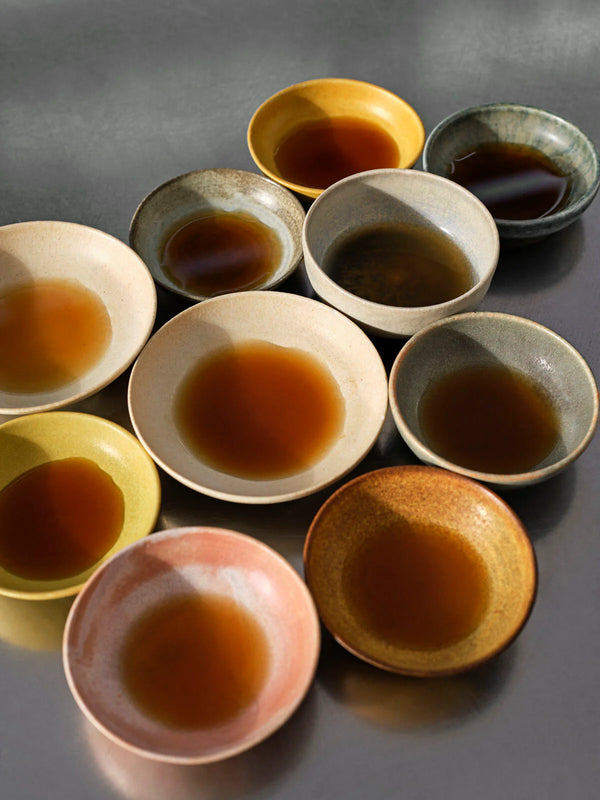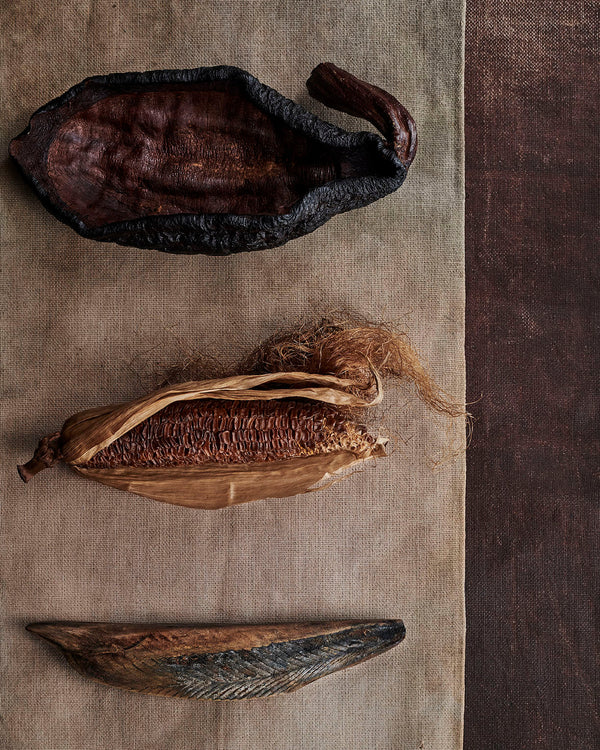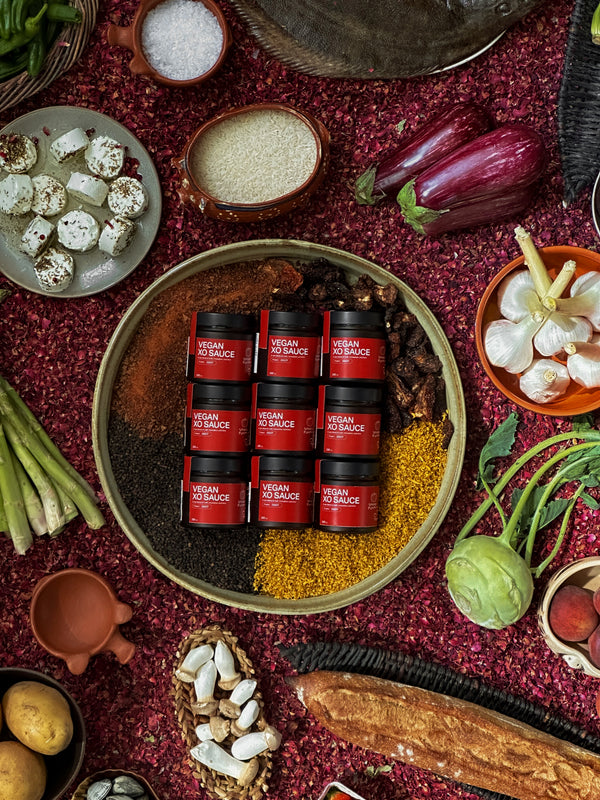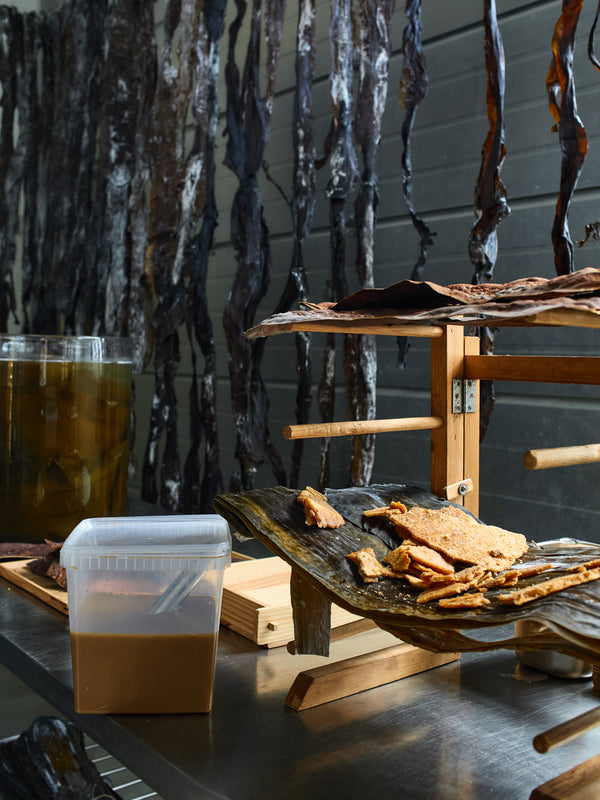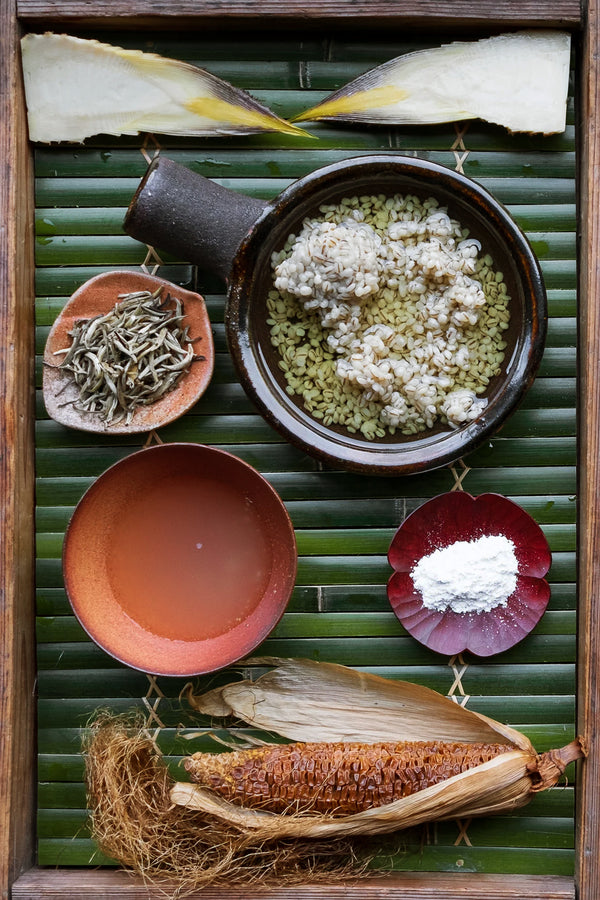Looking at flavors from the perspective of the organisms that produce them is an interesting exercise.
To berries, for example, sweetness is a source of energy and a reward they bestow on the animals that spread their seeds. To lactic acid bacteria, sourness is an antimicrobial waste product generated the same way carbon dioxide is exhaled. The rich and deep base notes of a rose? To the plant, it’s a signal to pollinators made by recycling vitamin A.
Spicy, meanwhile, is a form of protection and something of a cosmic joke. I’ll explain.
Imagine you’re a pepper plant in the genus Capsicum looking, as all plants do, for a way to defend yourself that doesn’t require running away or moving around in some fashion (since you are, quite literally, rooted in place). If you were a cactus, you’d evolve to develop physical spikes. If you were poison ivy, you’d figure out how to make resin that damages the skin.
Chiles got creative, combined the two strategies, and created a molecule called capsaicin. It’s a molecule born out of thriftiness: chiles, like all plants, like to reuse and recycle, taking chemicals they produce in great quantities and then trimming and decorating and remixing them into new molecules, rather than starting from scratch. One well-trodden trick is turning amino acids (the building blocks of proteins) into alkaloids like quinine, nicotine, morphine, DMT, and, you guessed it, capsaicin.
Chiles are the ultimate overachievers, so good at cleverly triggering a pain response that they overlooked another aspect of human psychology: call it thrill-seeking, S&M, the Freudian death drive.
Danger and pain fire up our nervous systems, sometimes to the point where the totally terrifying becomes really, really exciting. It’s why we ride roller coasters, go skydiving—and seek out peppers specifically so we can experience a quality that is designed to deter us.
Call it a pepper’s fatal flaw: you go through all that effort to thwart those who want to eat you, only for that very defense to become a giddy, pleasurable, even addictive encouragement to the opposite.
Humans now cultivate far more peppers than the plant kingdom would have ever managed to create on its own. That’s how badly we want to eat their fruits.







